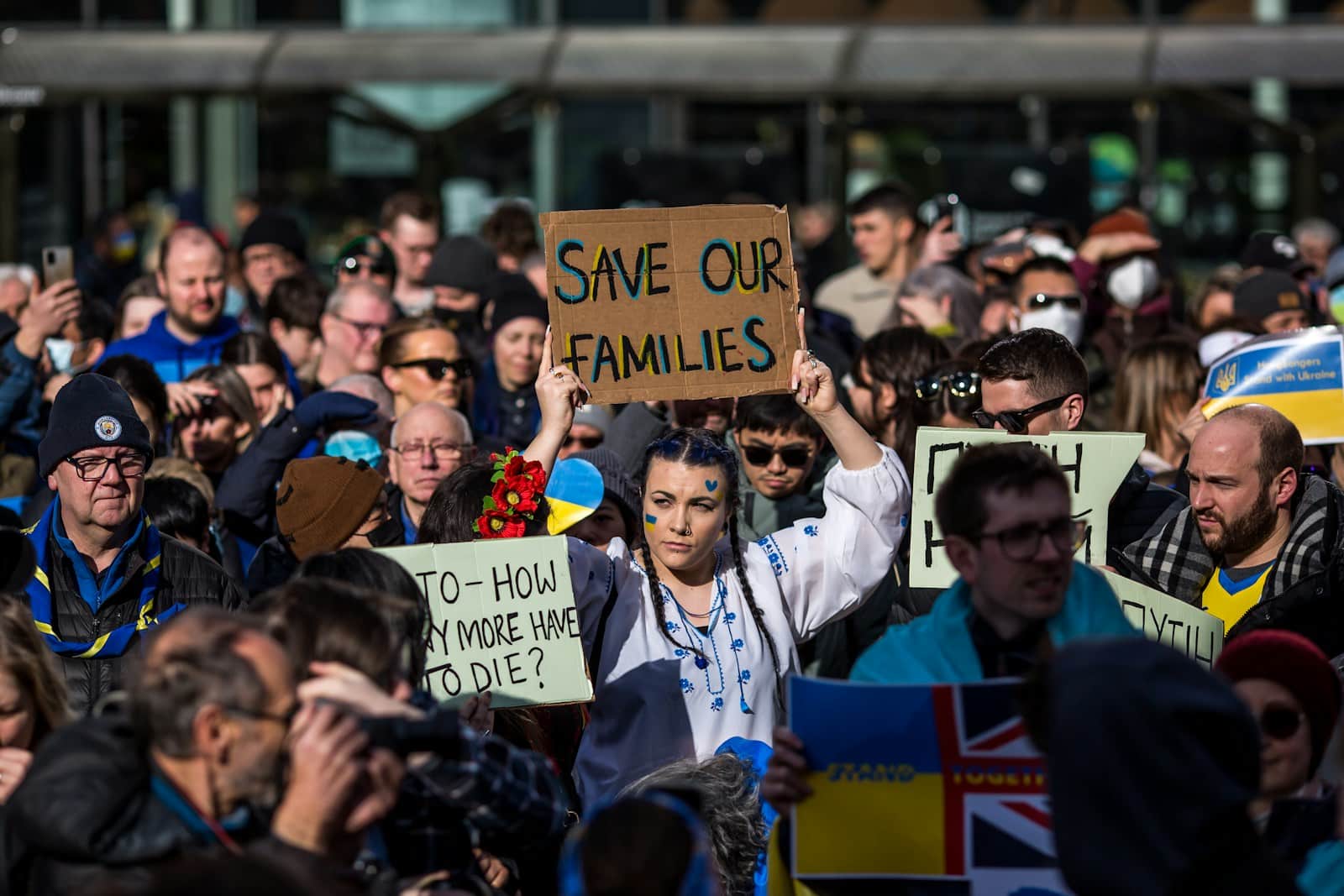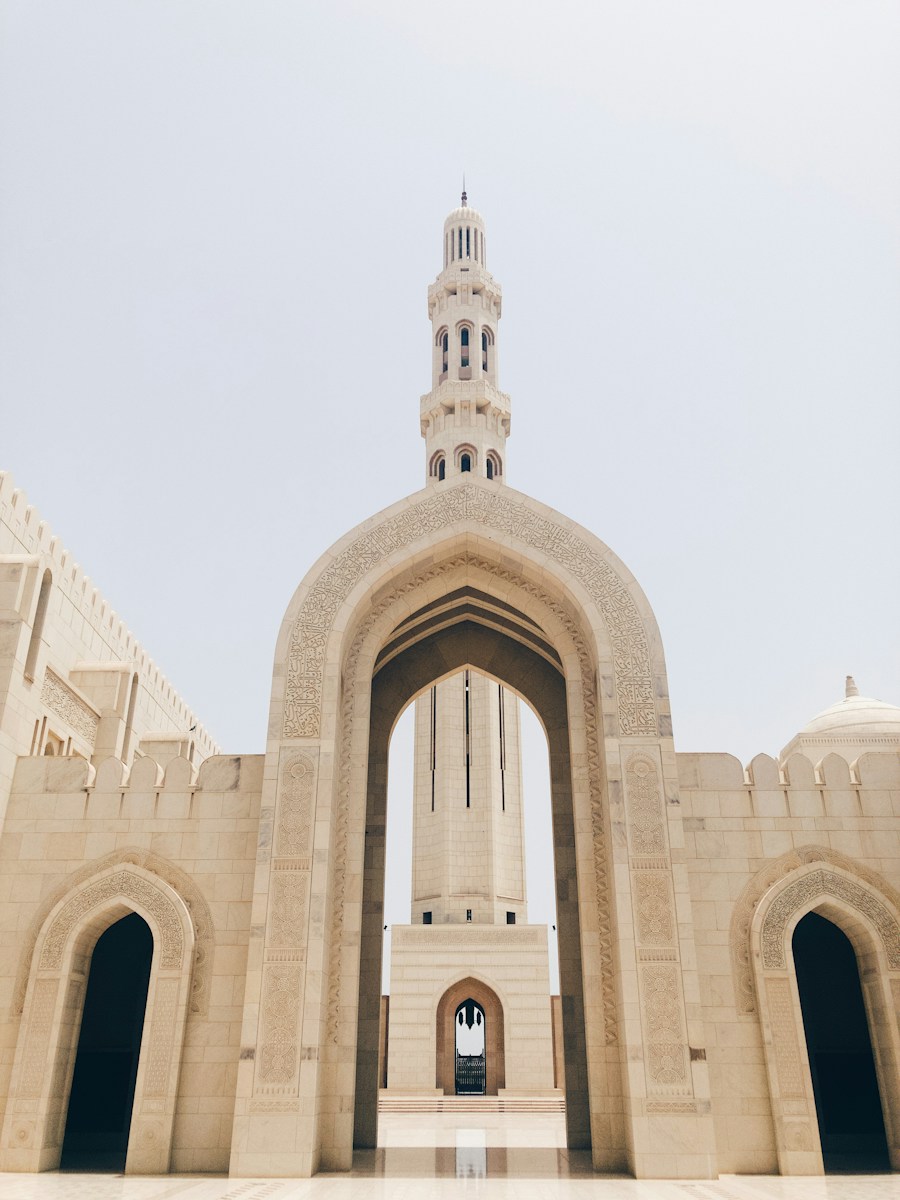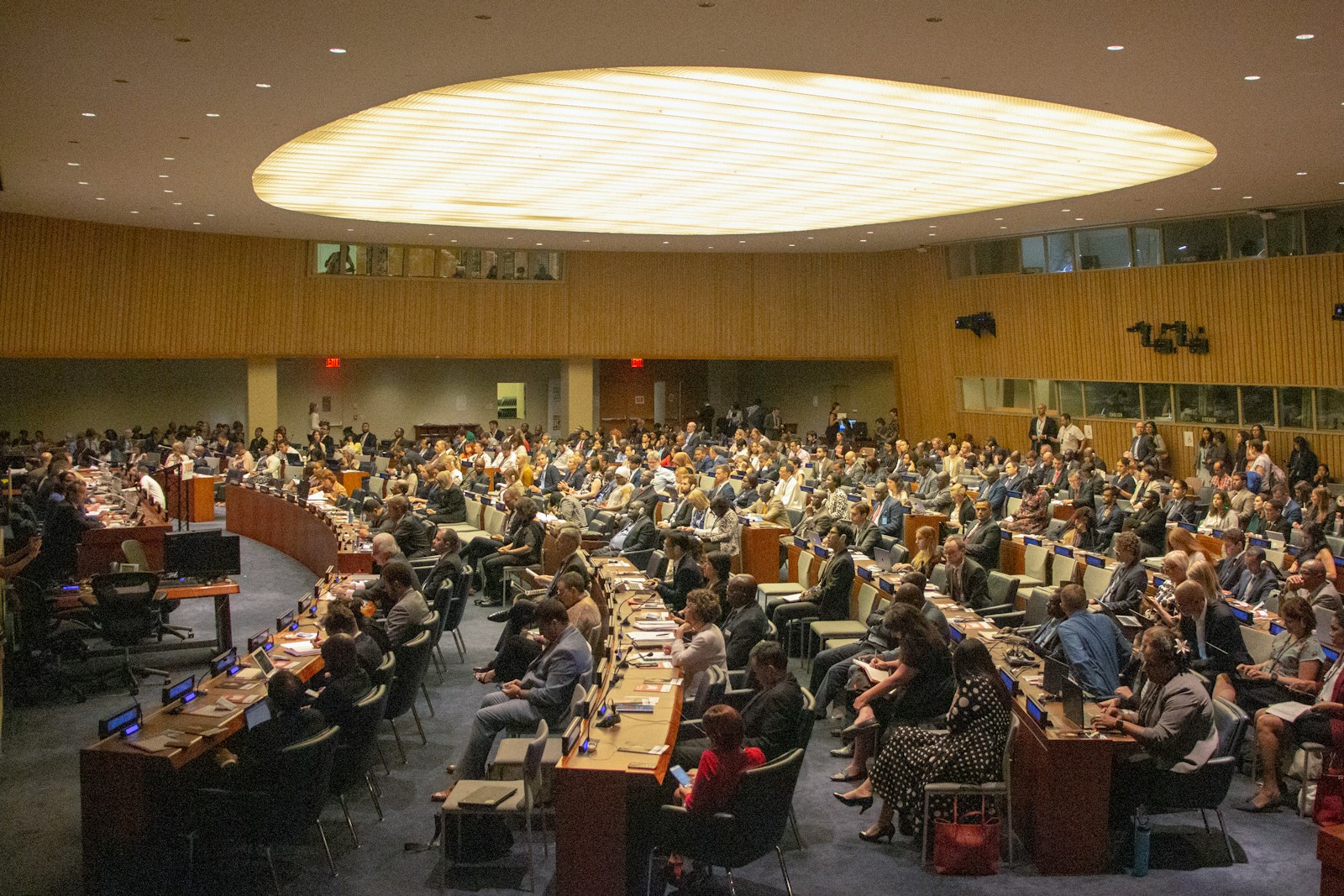San Francisco News

Altitude sickness is typically mild but can sometimes turn very serious − a high-altitude medicine physician explains how to safely prepare
Brian Strickland, Senior Instructor in Emergency Medicine, University of Colorado Anschutz Medical Campus Equipped with the latest gear and a thirst for adventure, mountaineers embrace the perils that come with conquering the world’s highest peaks. Yet, even those who tread more cautiously at high altitude are not immune from the health hazards waiting in the thin air above. Altitude sickness, which most commonly refers to acute mountain sickness, presents a significant challenge to those traveling to and adventuring in high-altitude destinations. Its symptoms can range from mildly annoying to incapacitating and, in some cases, may progress to more life-threatening illnesses. While interest in high-altitude tourism is rapidly

Why Egypt refuses to open its border to Palestinians forcibly displaced from Gaza
Liyana Kayali, Postdoctoral Research Fellow, University of Sydney Around 1.5 million Palestinian civilians are currently squeezed into the southern Gaza city of Rafah after repeatedly being forced by Israeli bombardment and ground assaults to evacuate further and further south. The town, which originally had a population of 250,000, is now host to more than half of Gaza’s entire population. They are sheltering in conditions the UN’s top aid official has called “abysmal”, with disease spreading and famine looming. In a military onslaught the International Court of Justice has ruled a plausible case of genocide, Israel has so far killed over 29,000 Palestinians in the
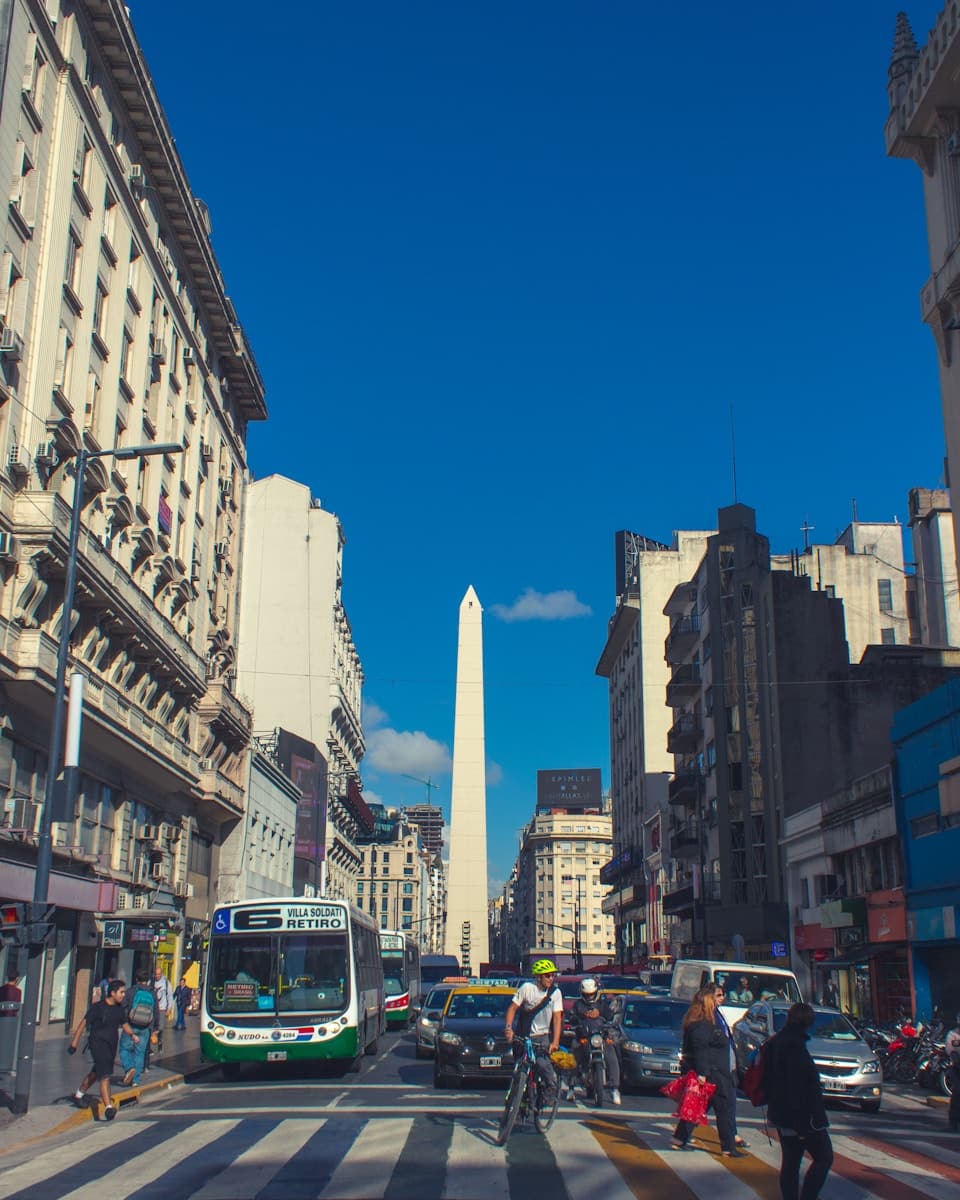
Javier Milei: Argentina’s new president presses ahead with economic ‘shock therapy’ as social unrest grows
Sam Halvorsen, Reader in Human Geography, Queen Mary University of London; Sebastián Mauro, Associate professor, Universidad de Buenos Aires Only weeks into his term, Argentina’s new president, Javier Milei, seems to be making good on his promise to put a chainsaw to the country’s crisis-ridden economy. In his inaugural address, Milei told the nation: “There is no alternative to shock.” He dissolved half of the country’s ministries days later, and implemented a 50% devaluation of the peso. But amid massive spending cuts, prices continue to spiral. Argentina’s annual rate of inflation has reached a three-decade high of 254.2%. Milei blames the poor economy on years of
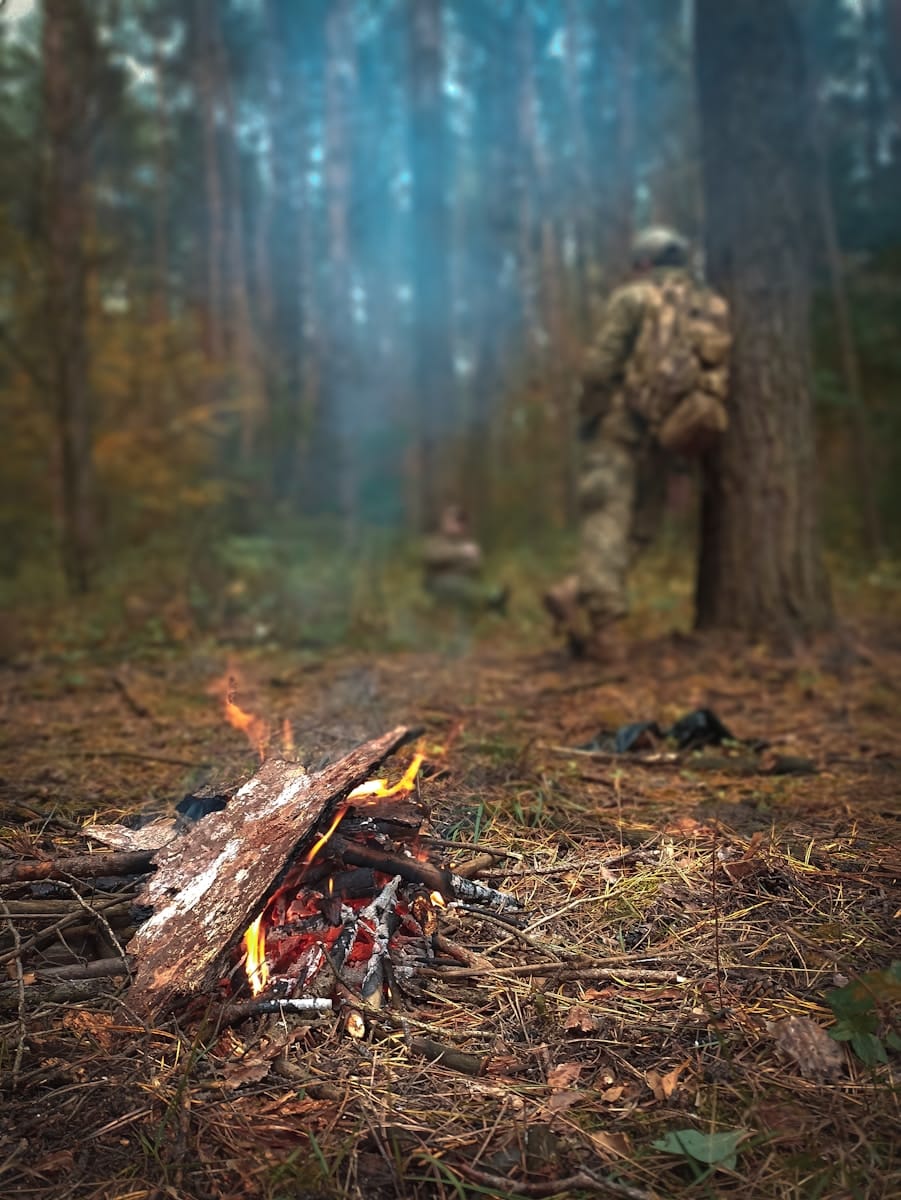
As war in Ukraine enters third year, 3 issues could decide its outcome: Supplies, information and politics
Tara Sonenshine, Edward R. Murrow Professor of Practice in Public Diplomacy, Tufts University In retrospect, there was perhaps nothing surprising about Russia’s decision to invade Ukraine on Feb. 24, 2022. Vladimir Putin’s intentions were, after all, hiding in plain sight and signaled in the months running up to the incursion. What could not be foreseen, however, is where the conflict finds itself now. Heading into its third year, the war has become bogged down: Neither is it a stalemate, nor does it look like either side could make dramatic advances any time soon. Russia appears to be on the ascendancy, having secured the latest major battlefield

Cult of the drone: At the two-year mark, UAVs have changed the face of war in Ukraine – but not outcomes
Paul Lushenko, Assistant Professor and Director of Special Operations, US Army War College Unmanned aerial vehicles, or drones, have been central to the war in Ukraine. Some analysts claim that drones have reshaped war, yielding not just tactical-level effects, but shaping operational and strategic outcomes as well. It’s important to distinguish between these different levels of war. The tactical level of war refers to battlefield actions, such as patrols or raids. The operational level of war characterizes a military’s synchronization of tactical actions to achieve broader military objectives, such as destroying components of an adversary’s army. The strategic level of war relates to the way these military

Why the United States needs NATO – 3 things to know
Klaus W. Larres, Professor of History and International Affairs, University of North Carolina at Chapel Hill Former President Donald Trump has long made it clear that he deeply resents NATO, a 75-year-old military alliance that is composed of the United States and 30 other countries, including Canada, the United Kingdom, Germany and France. Trump escalated his criticism of NATO on Feb. 10, 2024, when he said that, if he is elected president again in November 2024, the U.S. would not defend any member country that had not “paid up.” Trump also said that he would encourage Russia and its president, Vladimir Putin, “to

Navalny dies in prison − but his blueprint for anti-Putin activism will live on
Regina Smyth, Professor of Political Science, Indiana University Long lines of Russians endured subzero temperatures in January 2024 to demand that anti-Ukraine war candidate Boris Nadezhdin be allowed to run in the forthcoming presidential election. It was protest by petition – a tactic that reflects the legacy of Alexei Navalny, the longtime Russian pro-democracy campaigner. Authorities say Navalny, a persistent thorn in the side of Russian President Vladimir Putin, died in prison on Feb. 16, 2024. For more than a decade, Navalny fought Russian authoritarianism at

Why did Hamas attack, and why now? What does it hope to gain?
Ian Parmeter, Australian National University In hindsight, the drivers of Hamas’s startlingly well-planned, land-sea-air attack on Israel on Saturday were in plain sight. The operation reflects a pattern of four wars and regular outbreaks of violence between Israel and Hamas militants in Gaza since 2005, when Israel withdrew its military posts and forcibly removed 9,000 Israeli settlers from the territory. Each time Hamas has launched rockets at Israel or engaged in similar provocations, it has drawn heavy retaliation from Israel in the form of major bombings on the Gaza Strip. Hamas, however, seems to regard this as a cost of

Nigeria at 63: four reasons for persistent disunity six decades on
Muhammad Dan Suleiman, Curtin University and Benjamin Maiangwa, Lakehead University At 63 the story of Nigeria can be anything from the “celebration of greatness to an act of barbaric cruelty”. These are the words of Nigerian writer Dipo Faloyin in his book Africa Is Not a Country. Nigeria attained its independence from Britain on 1 October 1960. Nearly half a century earlier, in 1914, the British amalgamated the Northern and Southern British protectorates into the Nigerian Federation. For many — including the Nigerian independence leader Chief Obafémi Awólòwò, in his book Path to Nigerian Freedom – the country that emerged

The UN and the multilateral system are in crisis – what the Global South must do
Monica Herz, Pontifícia Universidade Católica do Rio de Janeiro (PUC-Rio) and Giancarlo Summa, École des Hautes Études en Sciences Sociales (EHESS) The planet is on fire, but almost all the firefighters have deserted. At the meeting of the United Nations General Assembly, which began on September 19 in New York, the leaders of four of the five permanent members of the Security Council – the UN’s most powerful executive body – were absent. The absence of the top representatives of France, the United Kingdom, Russia and China, replaced by ministers or diplomats, demonstrated the emptying of the main global multilateral

Morocco’s earthquake wasn’t unexpected – building codes must plan for them
José A. Peláez Montilla, Universidad de Jaén More than 2,000 people died when a powerful magnitude 6.8 earthquake struck Morocco on 8 September. The epicentre was in the High Atlas Mountains, 71km (44 miles) south-west of Marrakesh. Moina Spooner, from The Conversation Africa, asked José A. Peláez, a professor in geophysics who has carried out research on seismic activity in Morocco, about what led to this situation. What geological factors contributed to this earthquake? The Earth’s surface is constituted of several tectonic plates, large segments of the planet’s outer layer, which move against each other. This movement is responsible for

Ukraine’s push for NATO membership is rooted in its European past – and its future
Kateryna Shynkaruk, Texas A&M University During a recent meeting with the nation’s diplomatic corps, President Volodymyr Zelenskyy gave Ukraine’s ambassadors their marching orders for the rest of the year: Work to help secure Ukraine’s membership in the North Atlantic Treaty Organization and the European Union. Zelenskyy also told the ambassadors to focus on helping Ukraine secure bilateral agreements for security guarantees between Ukraine and individual G7 countries, including the United States. “The task of ambassadors to NATO countries is to work to consolidate all the capitals of the Alliance around common security priorities,” he said. “It is in Ukraine that

China’s concerning new strategy on human rights: unite the world behind a ‘selective’ approach
Geoffrey Roberts, La Trobe University For more than three decades, China has struggled to contain criticism of its human rights record. It faced a storm of outrage over the Tiananmen Square massacre in 1989 and condemnation of its mass incarceration of Muslim Uyghurs in recent years. Each time, the Chinese government has had to deal with the diplomatic fallout of its own repression. To deflect this criticism, Chinese diplomats and propagandists have promulgated a series of different claims. On the one hand, they have tried to rally developing countries behind the idea that the “right to subsistence” trumps concerns over







